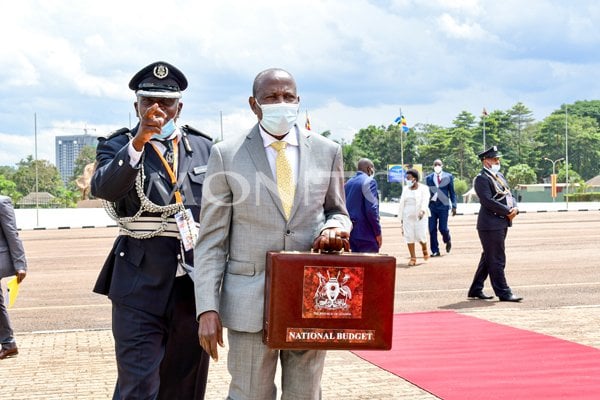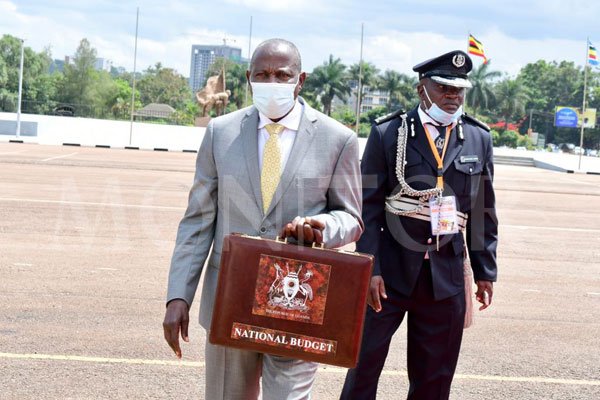Govt to maintain low public expenditure in 2023/24 budget

Government is seeking to streamline current expenditure to the National Development Plan III, which seeks to accelerate and sustain inclusive economic growth. Photo | file
What you need to know:
Mr Amos Lugoloobi, the Planning state minister, says government will only spend in critical sectors of the economy where resources are needed most
Government has said it will continue to refocus the budget and tighten public expenditure in the 2023/23 Budget to rebuild economic resilience, which is currently facing a lot of pressure due to Covid-19 disruptions and a surge in commodity prices.
Speaking during a media briefing at the weekend ahead of the forthcoming sixth Economic Growth Forum due on Wednesday (August 31) to kick start the 2023/24 Budget preparation, Mr Amos Lugoloobi, the Planning state minister, said economic shocks are still present, worsened by new challenges such as elevated inflationary pressures, high cost of production and movements in prices of goods and climatic change.
Therefore, he said, building a resilient economy was the way forward to leapfrog the current challenges.
“We are still building a resilient economy. We are refocusing our national priorities and re-purposing the budget. We are only spending in critical sectors of the economy where resources are needed most,” Mr Lugoloobi said, noting the current economic policy focus is to manage available resources in an effective, sustainable manner and ensuring that inflation reduces pressure on the economy.
“We are doing this by minimising the supply of money in circulation and limiting borrowing. So both of us [Ministry of Finance and Bank of Uganda] are in tandem in trying to create resilience in the economy and containing inflation,” he said.
In the first quarter of the 2022/23 financial year, government reduced public expenditure from 25 percent to 19 percent of the budget as a way of reducing consumption with attention now shifted on production.
Government has previously indicated that it will inject available resources in productive sectors of the economy, among which include agriculture, human resource development and manufacturing, among others.
For instance, Mr Lugoloobi said, sectors such as fishing, transport and irrigation, among others remain key aspects on which government is seeking to leverage to build resilience. He also noted that Uganda has found itself where it is now partly because of climate change, which has caused extended drought in some parts of the country thus threatening food security.
Mr Lugoloobi also reiterated government’s position on subsidies, noting that Ugandans should use what is available because government has no resources to support policy of subsides.
Government is seeking to streamline current expenditure to the National Development Plan III, which seeks to accelerate and sustain inclusive economic growth, while maintaining macroeconomic stability and debt sustainability.




